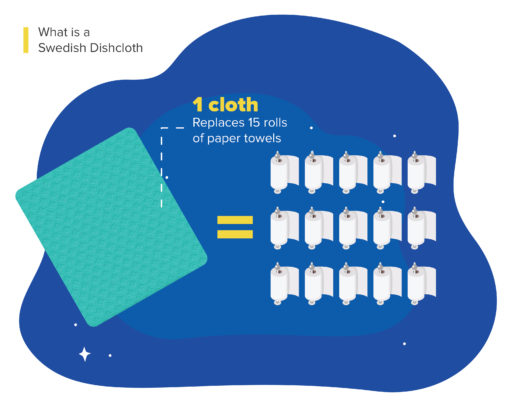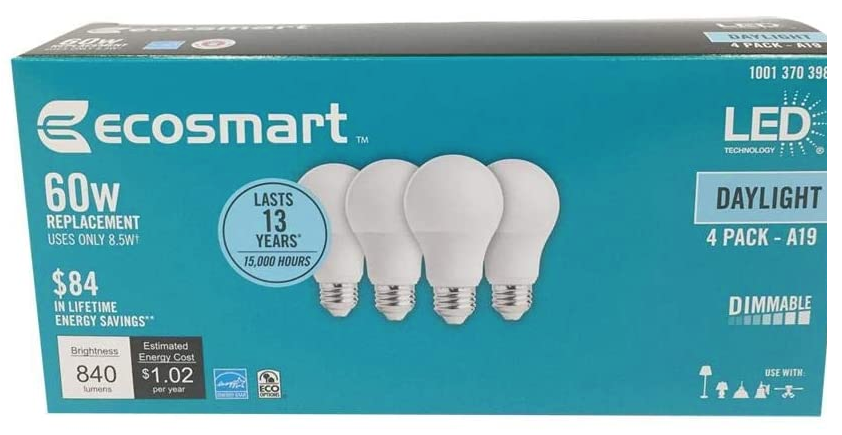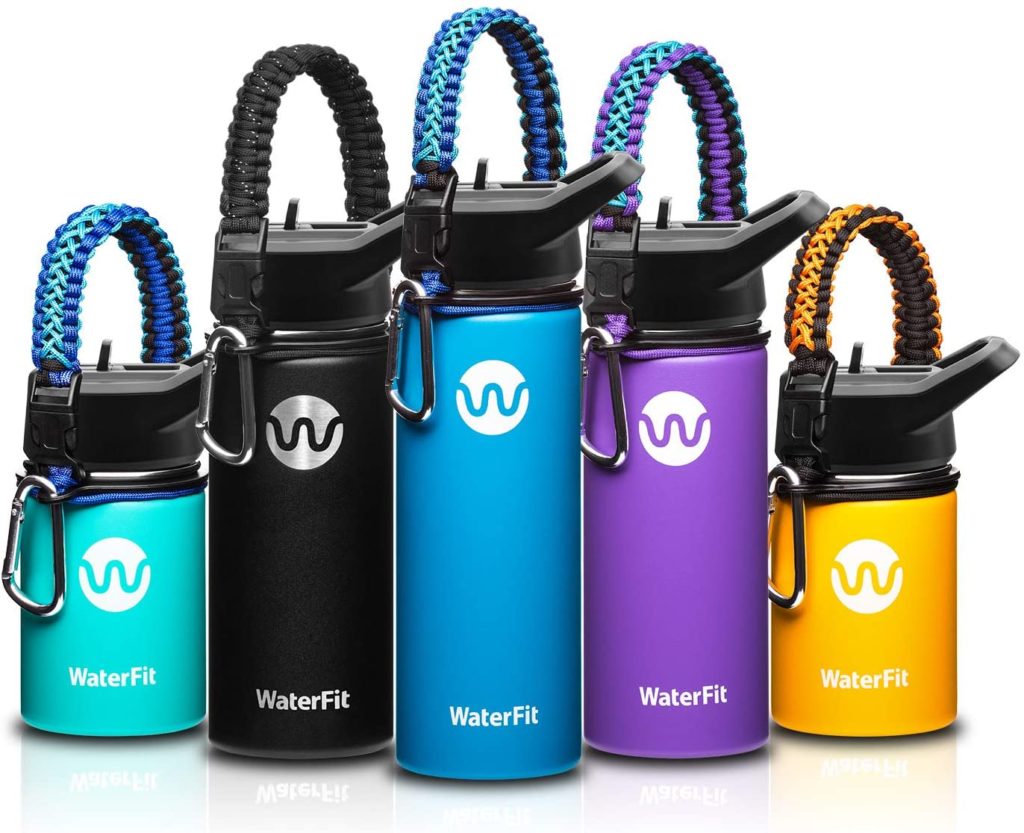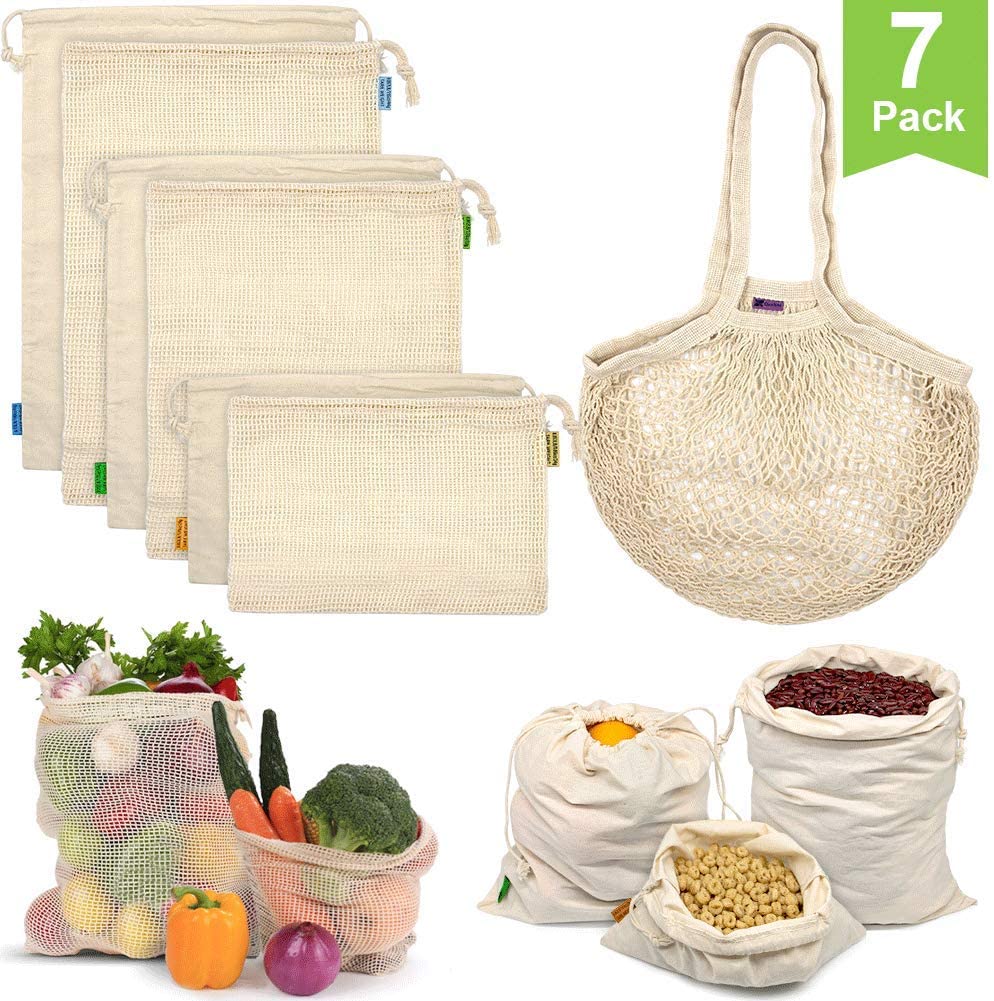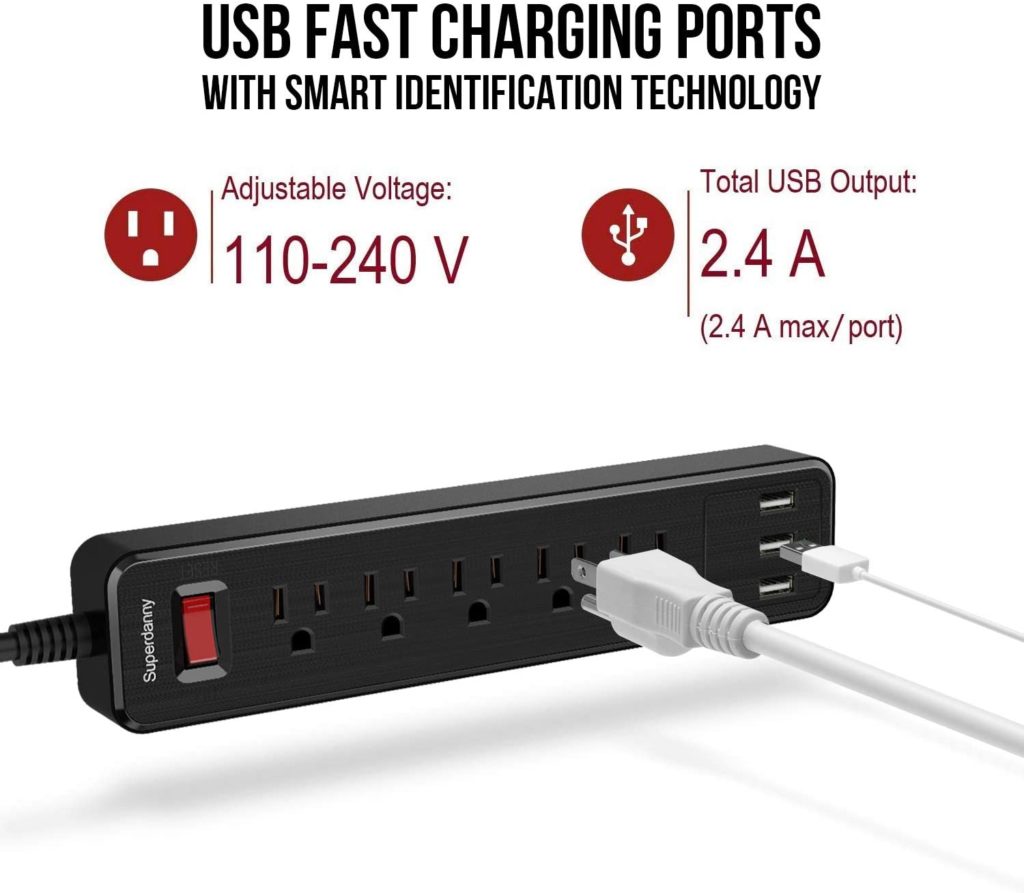Want to go green but think it’s too expensive? Think again. You can actually SAVE $20-$50 every month by choosing products and services that protect the planet. These green tips show you how:
Buy zero-waste reusables. Compare a reusable sponge to a roll of paper towels. One sponge may cost as little as $.99. A roll of paper towels runs around $1.99. But one sponge lasts as long as SEVENTEEN ROLLS of paper towels. You could save as much as $33 in paper towels before you have to throw the sponge away. (Meanwhile, keep sponges fresh by washing in the dishwasher with the dishes; microwave on high heat for 30 seconds to kill germs.) Another benefit? They almost eliminate waste!
Find more zero-waste reusables in our storefront here (Amazon affiliate link).
Switch to energy efficient LED light bulbs. The LEDs may cost a bit more than the incandescent bulb you’re used to. But the LED uses 75% less energy and lasts 13 years! Over the course of the lifetime of the bulb, you can save as much as $84 on electricity. Plus – think of all the time you’re saving changing light bulbs. See other LED options here on our Amazon link, or check them out at your local hardware store.
Forget bottled water. When you buy bottled water, you’re buying a plastic bottle, a label, the energy to transport the bottle to your store, a bottle cap, and the water inside the bottle — which, almost half the time, is actually tap water! And even though water is very cheap when it flows out of your tap, it can cost as much as 10,000 times more when it’s served in a bottle. Buy a reusable water bottle and fill it up at your own tap. If you’re worried about water quality, use the money you save on bottled water to buy a filter for your faucet.
Save gas. This sounds like a “no brainer,” but you’d be surprised how many people waste gas – and money. Use a tire pressure gauge, and pump up your car tires to improve fuel efficiency by 3.3%. Use cruise control for as much as a 14% fuel efficiency gain. Go to Gas Buddy to find the cheapest gas in your driving range. Car pool to share driving costs with others. Here are even more ways to save gas.
Buy in bulk. You pay nearly twice the price for the same weight when you buy small, individually wrapped servings of a product rather than the bulk size. Laundry detergent, fabric softener, dishwasher detergent, shampoo, soap, conditioner, snacks, soft drinks and many other items offer a bulk or ‘economy’ size. Even buying a half-gallon container of juice is cheaper than buying individual juice boxes. Reusable mesh produce bags can be used for buying nuts, beans, and snacks in bulk, too.
Plug into a power strip. 40 percent of the energy used to power consumer electronics is devoured when the devices are turned off. That’s nearly 5 percent of the total electricity American homes consume. A power strip like this one lets you plug several appliances or lots of office equipment into one larger outlet that you can turn off with minimal hassle, automatically cutting power to all devices that are plugged into it. It’s got USB ports for device charging, too.
Take a tax credit or get a rebate. New fuel-efficient hybrid vehicles save gas and earn you tax credits, too. Some states award substantial rebates for installing energy-efficient solar collectors or for improving the energy efficiency of their homes. And utilities may provide rebates for replacing old appliances with more energy efficient ones. Here’s how I got $200 back when I replaced my refrigerator with an Energy Star model.
Last Three!
Use Craig’s List or Freecycle. Before you pay full price for furniture, appliances, sporting equipment or lawn and garden tools, go “shopping” online – at clearinghouses that help you acquire the goods you need at no or low cost. In the same vein, get books from libraries, or swap bought books with friends. Trade in your gently worn clothes at thrift stores, and pocket the savings or apply to the purchase of something equally thrifty.
Donate. Giving your used clothing and household goods to the Salvation Army, your local church, or a local charity for veterans lightens the load at the landfill and earns you a tax write-off for your charitable donations.
Choose quality over quantity. Simplify your needs overall. Then, buy clothes, jewelry, toys, tools, furniture and other commodities that are made to last. You may spend a few more dollars up front but save money in the long run when you don’t need to replace items that break or wear out quickly.
NOTE: We encourage people to shop locally as much as possible. Most hardware and departments stores carry the items we suggest here. But if you do choose Amazon, we’d appreciate it if you’d use our link. We’ll earn a teeny tiny commission on your purchase that costs you nothing but helps us continue to help you. Thanks.


